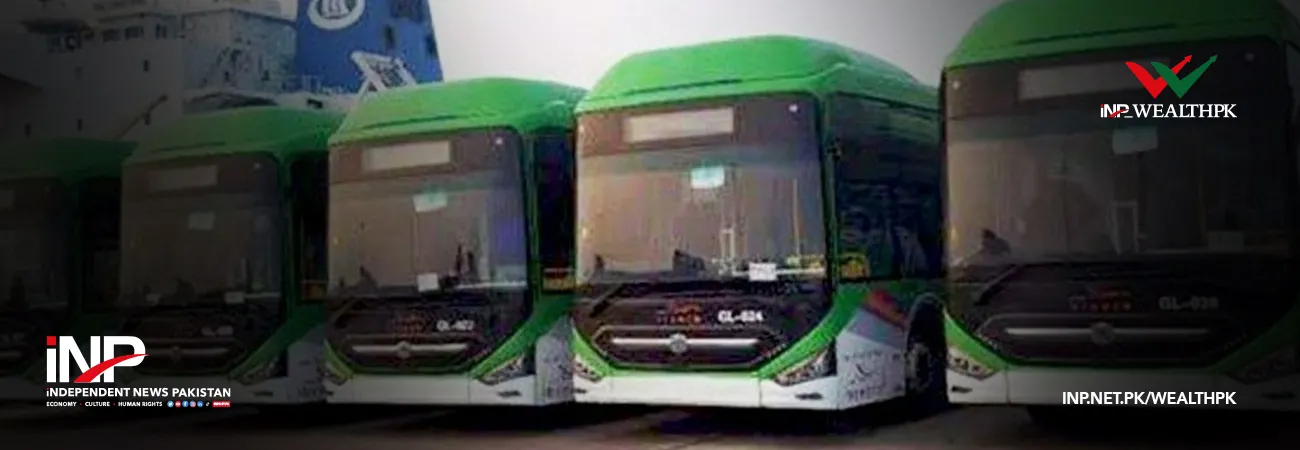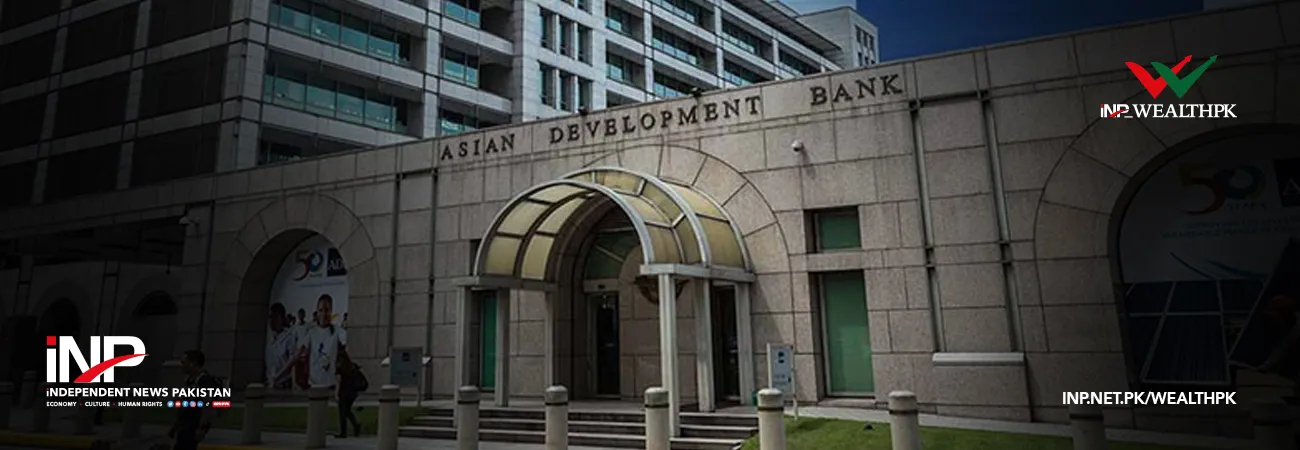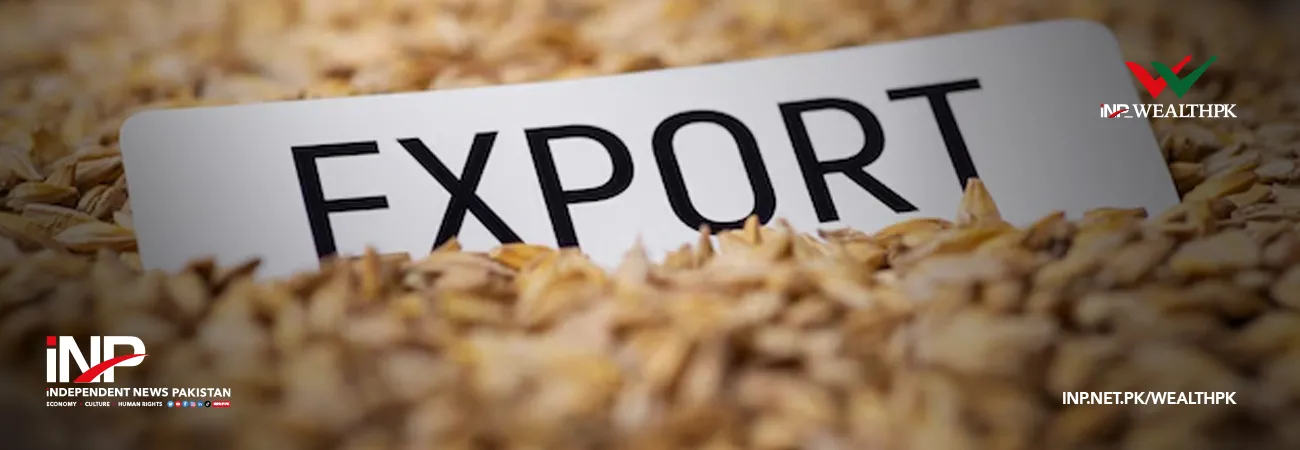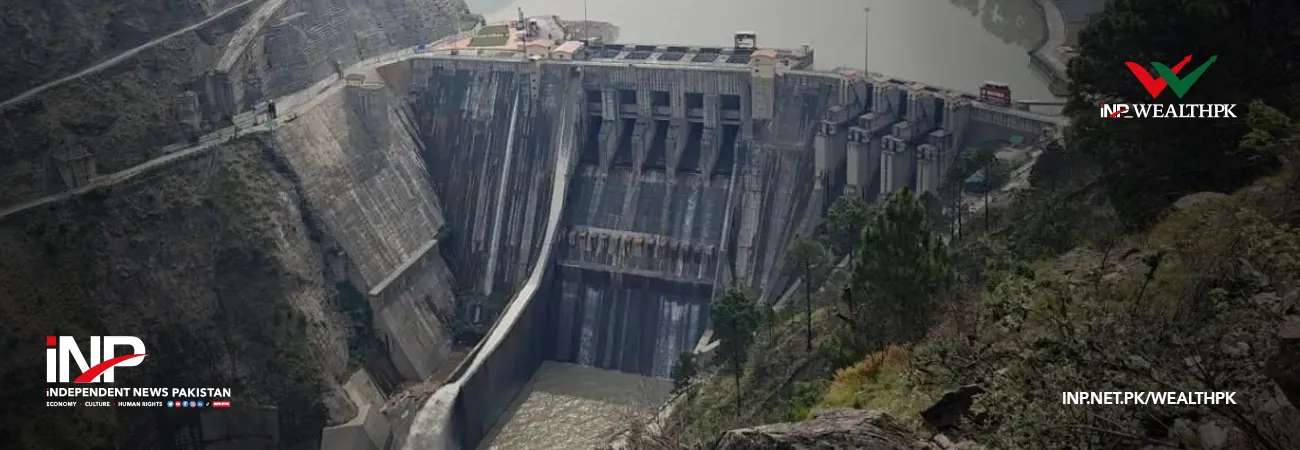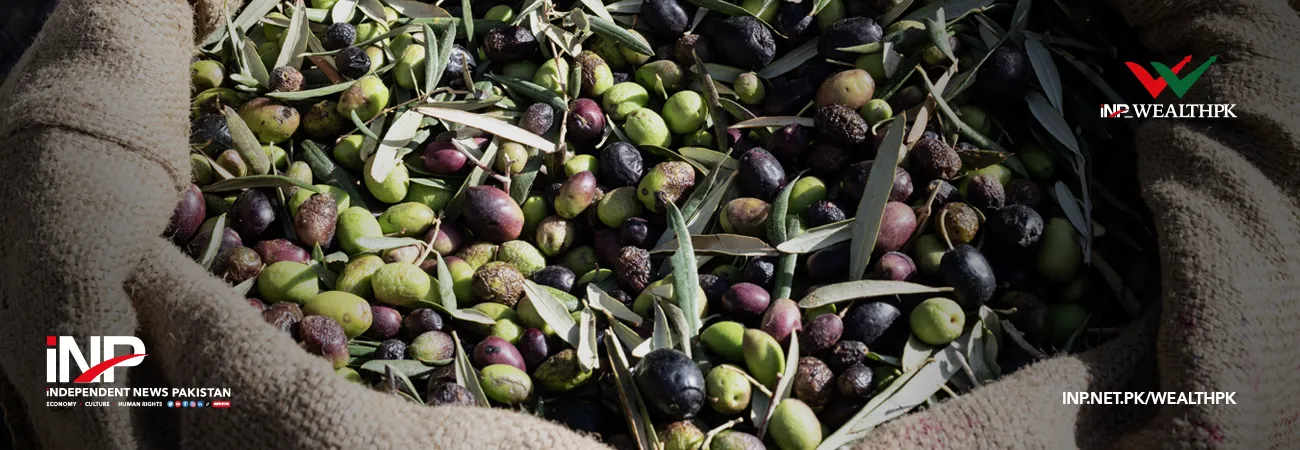INP-WealthPk
By Hamid Mahmood
ISLAMABAD, Feb. 15 (INP-WealthPK): Pakistan has seen over 800 kilometres of roads built and another 813km being developed since the start of the China-Pakistan Economic Corridor (CPEC) in 2013, enabling the country to be on a par with the countries that have a robust and sustainable road infrastructure.
It is to note here that a road network of 2,988 kilometres is currently under the planning phase, reports WealthPK.
Highway network of CPEC

Courtesy: CPEC Authority, Ministry of PD&SI
The CPEC is a main project under the Belt and Road Initiative (BRI), which is designed to boost economic development and integration of the recipient nations. In BRI recipient nations, a number of infrastructure development projects, including on motorways, rail, energy, airports, and other associated ones, are being executed. Pakistan, like many other nations, is on the list of countries where revolutionary advancements are taking place as part of the BRI programme, according to WealthPK. The multibillion-dollar project is meant to strengthen Pakistan’s regional connectivity, diversify investment possibilities, develop its tourism sector and enhance economic security and stability. Some CPEC projects are close to completion, some have already been completed, while others are in early stages of development. These ventures provide local communities with business and job possibilities. According to CPEC project estimates, it will impact the future of local communities by ensuring their access to economic possibilities in the shape of a developed communication infrastructure and industrial zones. According to CPEC Authority, 19 major road projects have been undertaken as part of CPEC, covering over 5,000 kilometres of distance right from Khunjerab in Gilgit-Baltistan to Sindh. These include five highway projects that would link Khunjerab, which borders China, to Pakistan's Gwadar Port through the western and eastern routes. The roadway details are given in the table below.| S. # | Projects | Length (KM) | Cost (Mn $) |
| Completed | |||
| 1 | KKH Phase II (Havelian - Thakot Section) | 120 | 1315 |
| 2 | Peshawar-Karachi Motorway (Multan-Sukkur Section) | 392 | 2889 |
| 3 | Hakla - D.I Khan Motorway | 297 | 718.72 |
| Under Development | |||
| 4 | Zhob - Quetta (Kuchlak) (N-50) | 305 | 393.14 |
| 5 | Khuzdar-Basima Road (N-30) | 106 | $0.12 bn |
| 6 | Hoshab - Awaran Road Section (M-8) | 146 | $0.15 bn |
| 7 | KKH Alternate Route Shandur - Chitral Road | 153 | $0.09 bn |
| 8 | Nokundi-Mashkhel Road | 103 | $0.04 bn |
| Under Consideration | |||
| 9 | Up-gradation and Dualization of ML-1 and establishment of Dry Port near Havelian | 1733 | 6806 |
| 10 | Up-gradation of D.I Khan (Yarik) - Zhob, N-50 Phase-I | 235 | 449.9 |
| 11 | KKH Alternative Route Gilgit-Shandur Road | 213 | $ 0.29 bn |
| 12 | Realignment of KKH Phase-I Thakot - Raikot Section | 250 | * NG |
| 13 | Peshawar - D.I Khan Motorway | 360 | $1.62bn |
| 14 | Awaran - Khuzdar Road Section (M-8) | 168 | $0.19 bn |
| 15 | Dir Expressway | 29.6 | $0.23 bn |
| Long-Term | |||
| 16 | Mirpur-Muzaffarabad-Mansehra Road | 200 | NG |
| 17 | Mashkhel - Pangur Road | 200 | NG |
| 18 | Quetta Mass Transit | NG | NG |
| 19 | Greater Peshawar Region Mass Transit | NG | NG |




